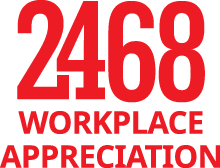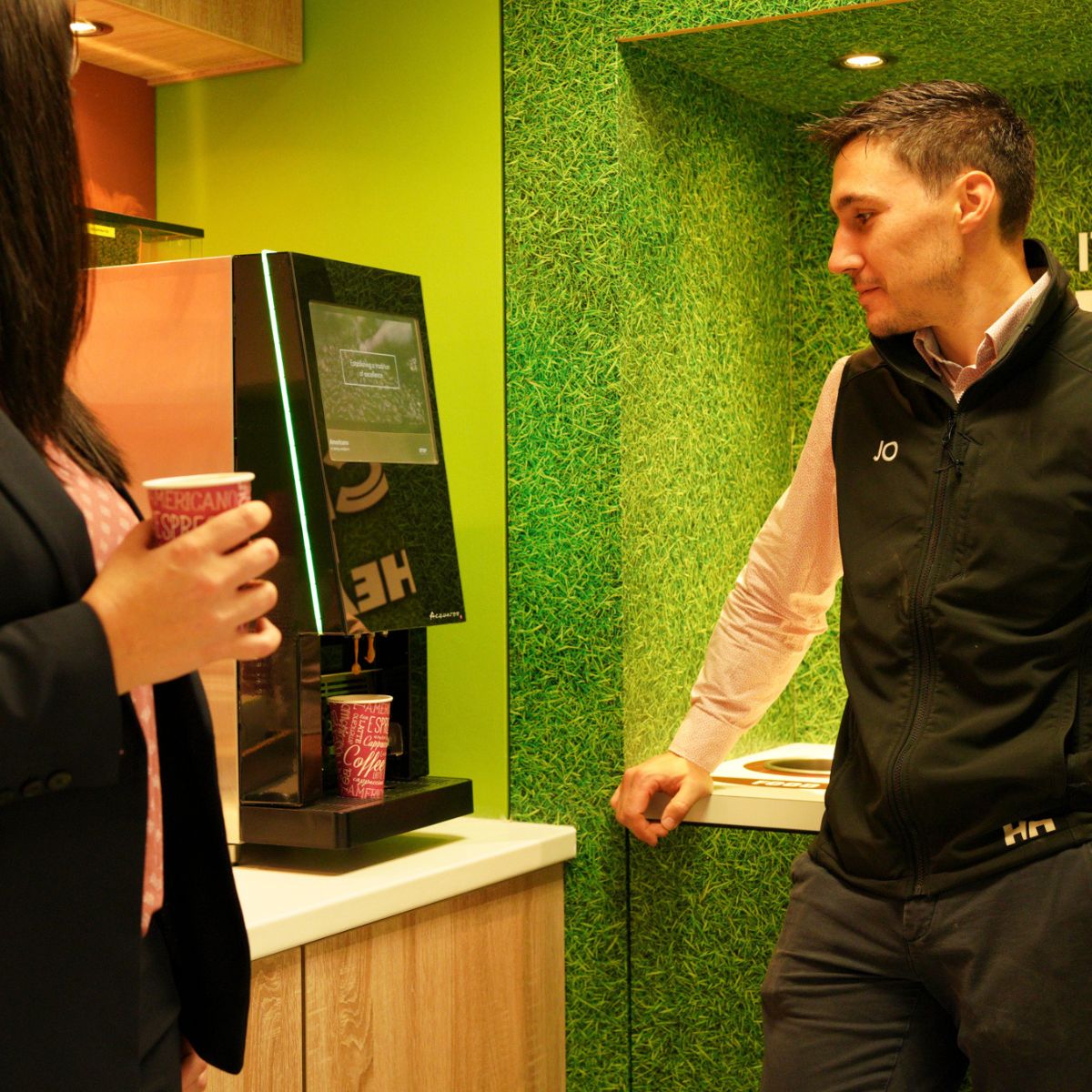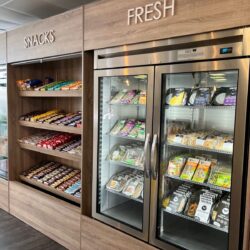The Workplace Reset was recently released by Leesman and it makes for some interesting reading. It backs up what we preach here in 2468 Group. Do not underestimate or downplay the importance of food and beverage facilities in the post-pandemic workplace as it could have dire consequences for employers.
Leesman’s findings tell us that the workplace is suffering an identity crisis. Because of the pandemic we found out that people’s homes were as good if not better at supporting their focused work than the corporate places they had been tied to before.
The office ‘design’ has lost touch with what employees do and the infrastructures they need around them to do it well.
While homes were formed first for living, employees have successfully repurposed spare rooms, garages, sheds, lofts and odd corners of their homes around their individual and very personal functional work needs. And the form of the corporate office is often poor in comparison. Here’s some important takeaways from Leesman’s latest research. And guess what, there are quick wins that you can easily aim for.
We all know from various research over the last decade that employee satisfaction with the physical and service features that make up the total workplace experience is critical to success.
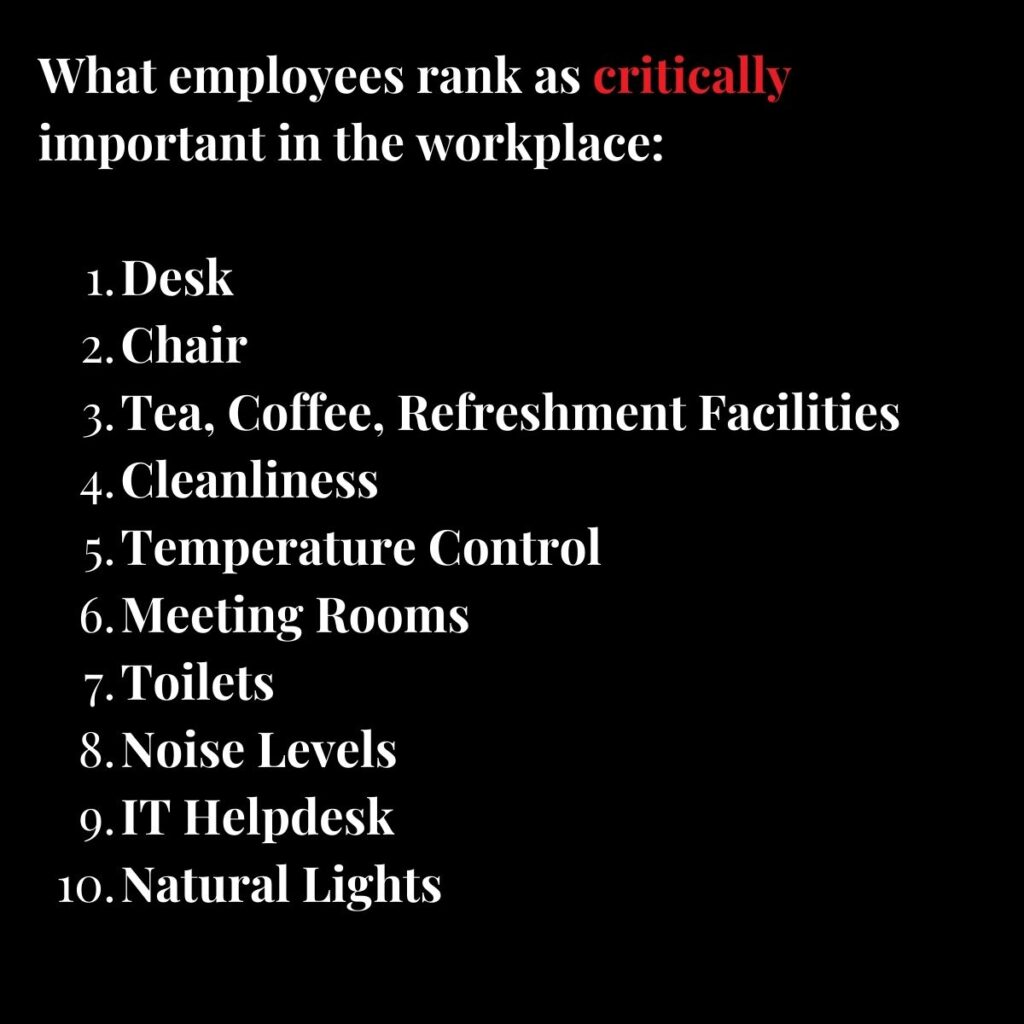
These top 10 features shown about are important to the 157,880 respondents using offices. Organisations need to ensure that these features are delivered well. These should be seen as mission critical in a minimum viable office that offers the user a distinct benefit in being there.
Facilities and services have long played an understated but crucial role in workplace experience, too often the victim of targeted tactical cost cutting. But the research reveals a new side to the story, showing the statistical link to collaboration and connection, wellbeing and enjoyment, and furthering organisational and workplace culture.
Underestimating or downplaying the importance of food and beverage facilities in the post-pandemic workplace could have dire consequences for employers. Typically ranked amongst the five most important workplace services, employees attach huge emotive weight in the presence and quality. In addition, the study shows they also have the important task of creating a setting where workplace culture and a sense of community can flourish. Well-designed hospitality facilities provide an additional perk for organisations to attract and retain talent. However, they can also pose a huge risk: when poorly designed or maintained, they profoundly affect employee morale and pride. By appreciating your employees with great food and beverage facilities you can help improve morale, happiness and overall employee productivity. This can only have hugely positive results for your business.
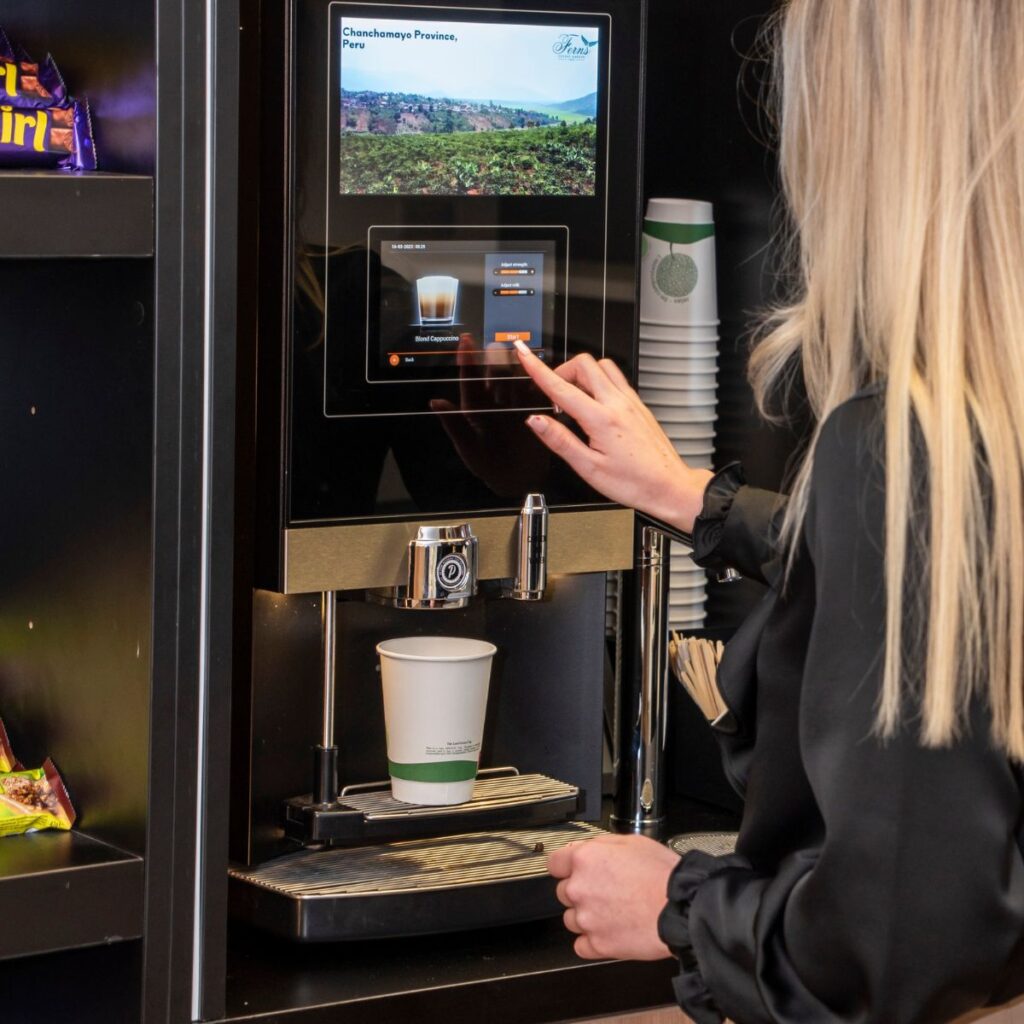
Important to 74% of employees, ‘tea, coffee and other refreshments facilities’ are statistically related to ‘relaxing/taking a break’ and ‘Informal social interaction’. Whilst that seems perfectly predictable, it is important to note their link back to both community & culture and pride & enjoyment. In workplaces where the average satisfaction with ‘tea, coffee & other refreshment facilities’ was lower than 50%, around half of the employees thought their workplace creates an enjoyable environment to work in (53%), contributes to a sense of community at work (54%), or has a positive impact on workplace culture (55%).
In workplaces where the average satisfaction with this feature was over 50%, the proportions were 68-69%, higher by 13 to 16 pps. Pride suffered the most across all impact statements: 44% across the workplaces in the low satisfaction group, 19 pps lower (63%). This suggests that hospitality and food and beverage facilities have a particularly potent role in the workplace ecosystem. So again, let’s not underestimate that.
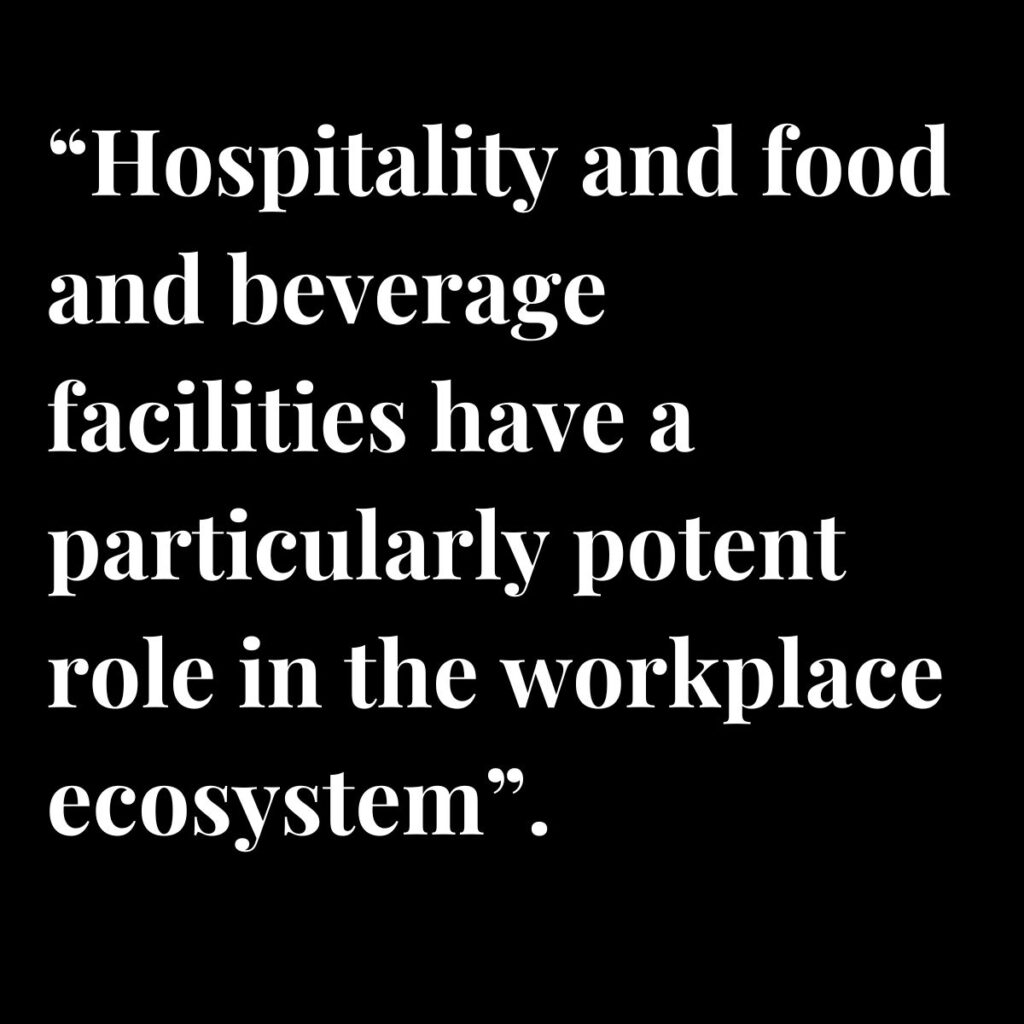
While ‘restaurant/canteen’ has a slightly lower importance than other refreshments facilities, it is still important to two in three employees in most organisations. Statistically it maps directly to ‘relaxing/taking a break’. The data also suggests that it may also remain a hugely un-tapped resource. Both ‘tea, coffee & other refreshment facilities’ and ‘restaurant/canteen’ should provide employees access to essential amenities like food, beverages, and snacks. This nourishment helps support their productivity but should do more in encouraging employees to take a break and connect, or for ‘informal, unplanned meetings’. As a result, they should be seen as infrastructure that actively supports personal and collective productivity.
The Leesman research states that ‘with 80% or more of knowledge workers completing much of their work from a location other than the office, we have been able to understand the essential elements needed to create an appealing, supportive, and efficient corporate workplace: the new minimum viable office’.
